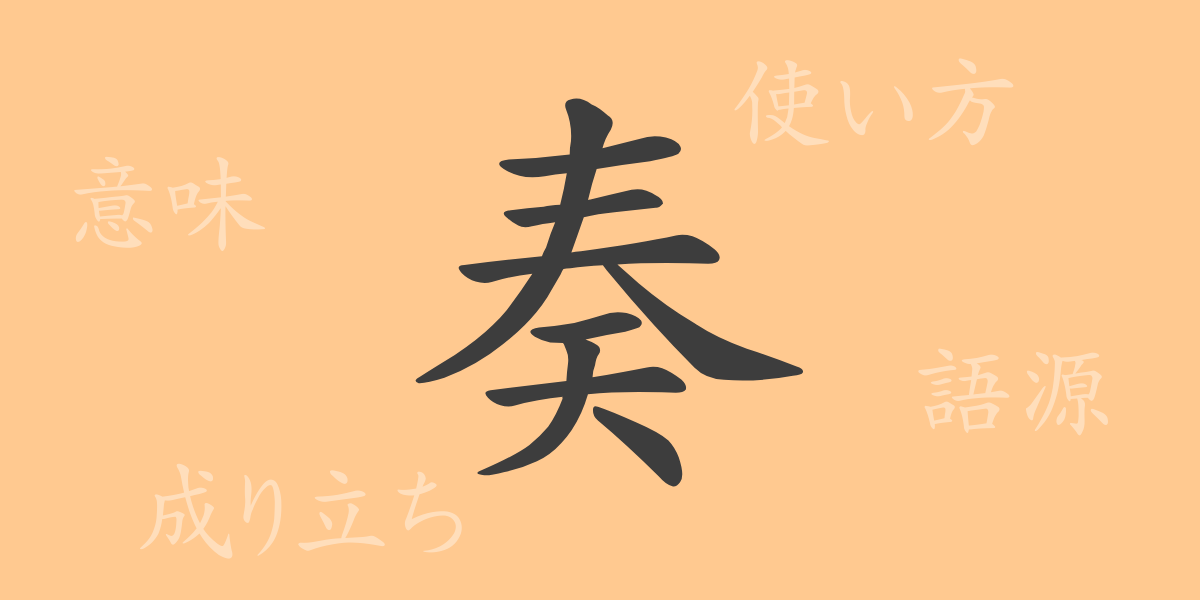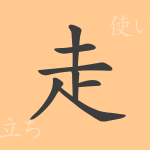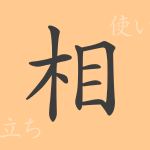Kanji deeply ingrained in Japanese culture carry unique histories and meanings, playing essential roles in the everyday lives of the Japanese. This article focuses on the Kanji “奏” (ソウ), exploring its origins, contemporary usage, and its appearance in idioms and proverbs, revealing its allure not only in the realm of music but also in the broader context of Japanese culture and language.
Origins of 奏 (ソウ)
The Kanji “奏” (ソウ) has its roots in ancient Chinese oracle bone script. Originally, it depicted a hand holding something, symbolizing hands holding musical instruments in ancient Chinese courts. Over time, beyond its musical connotation, it also came to represent submitting or reporting something, broadening its meaning to include presenting something to a superior.
Meaning and Usage of 奏 (ソウ)
In modern Japanese, “奏” (ソウ) is primarily used to denote playing music. Additionally, “奏する” (かな.でる) can mean to submit something, particularly opinions or requests, to someone in authority or a public setting. It also describes the formal enactment of laws or regulations as in “奏功する” (そうこうする).
Readings, Stroke Count, and Radical of 奏 (ソウ)
Details about the Kanji “奏” (ソウ) include:
- Readings: On’yomi (Sino-Japanese reading) is “ソウ” (ソウ), and the kun’yomi (native Japanese reading) includes “かな.でる” (カナデル).
- Stroke Count: “奏” consists of 9 strokes.
- Radical: The radical is “大” (ダイ), but “奏” is formed by combining “大” (ダイ) with “士” (シ) and “工” (コウ).
Phrases, Idioms, and Proverbs Using 奏 (ソウ) and Their Meanings
There are numerous idioms, phrases, and proverbs that include “奏” (ソウ), each carrying unique implications:
- 奏功 (そうこう): Efforts yielding results.
- 奏上 (そうじょう): Presenting opinions or requests to a superior or monarch.
- 奏者 (そうしゃ): A musician who performs.
- 独奏 (どくそう): Solo musical performance.
- 協奏曲 (きょうそうきょく): A concerto where a soloist and orchestra perform together.
These terms are used not only in musical contexts but also in business and everyday life.
Summary on 奏 (ソウ)
The Kanji “奏” (ソウ), while evoking the beautiful image of playing music, also carries a powerful role in conveying people’s efforts and intentions. From ancient times to the present, “奏” retains its value, exemplifying the richness of expression in Japanese. From musical performances to communicating wishes and opinions to superiors, to achieving results, the varied uses of “奏” reflect the depth of Japanese culture.

























